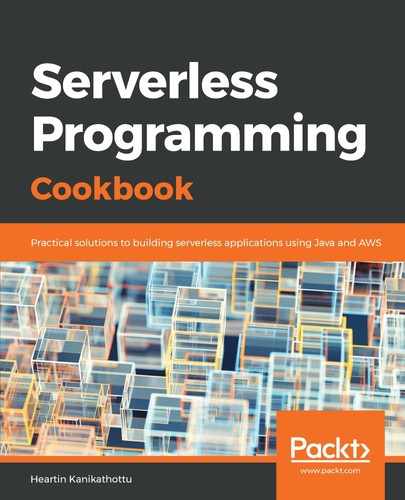You can map the requests and responses in API Gateway by using API Gateway's body mapping templates, based on the Apache VTL and JSONPath expressions.
The $input variable provided by the API Gateway represents the input payload (a request payload or response payload, based on the case) and the parameters available to the template. The function $input.json() retrieves part of the JSON, as specified by a JSONPath expression. In JSONPath, $ represents the outer-level JSON object. $input.json('$.user.name') returns the value of the field name within the user object, and $input.json('$.greeting.time') returns the value of the field time within the greeting object. Similarly, $input.json('$.message') returns the value of the message field.
Aside from $input, API Gateway also provides $context, $stageVariables, and $util variables. The $context variable holds the contextual information, such as the apiId, authorizer properties, principalId, httpMethod, error details, accountId, apiKey, cognitoAuthenticationProvider details, sourceIp, path, protocol, status, stage, and so on. The variable $stageVariables can be used to refer to stage variables. The $util variable has utility functions that can be used in mapping templates, such as escapeJavaScript(), parseJson(), urlEncode(), urlDecode(), base64Encode(), and base64Decode().
